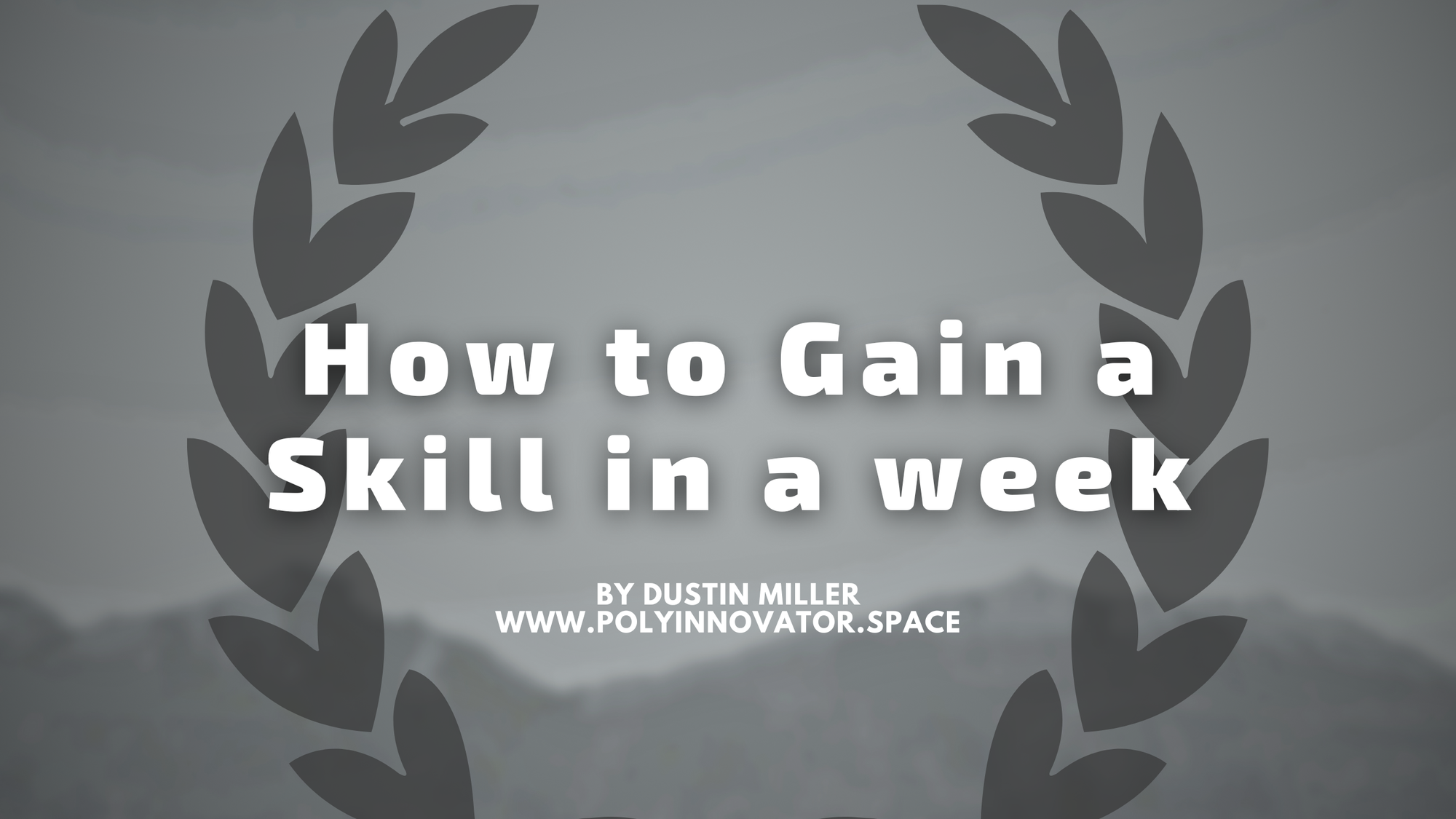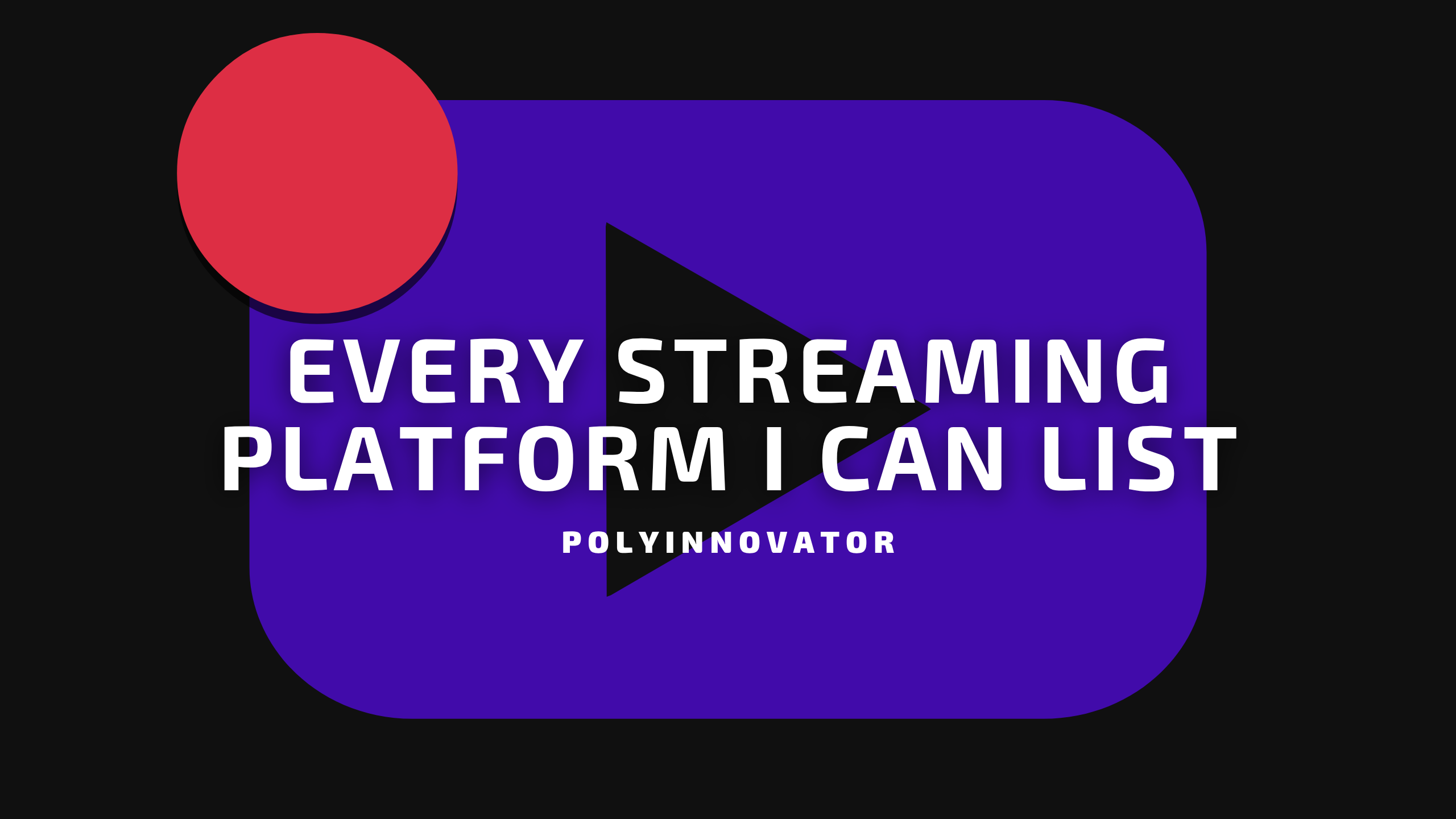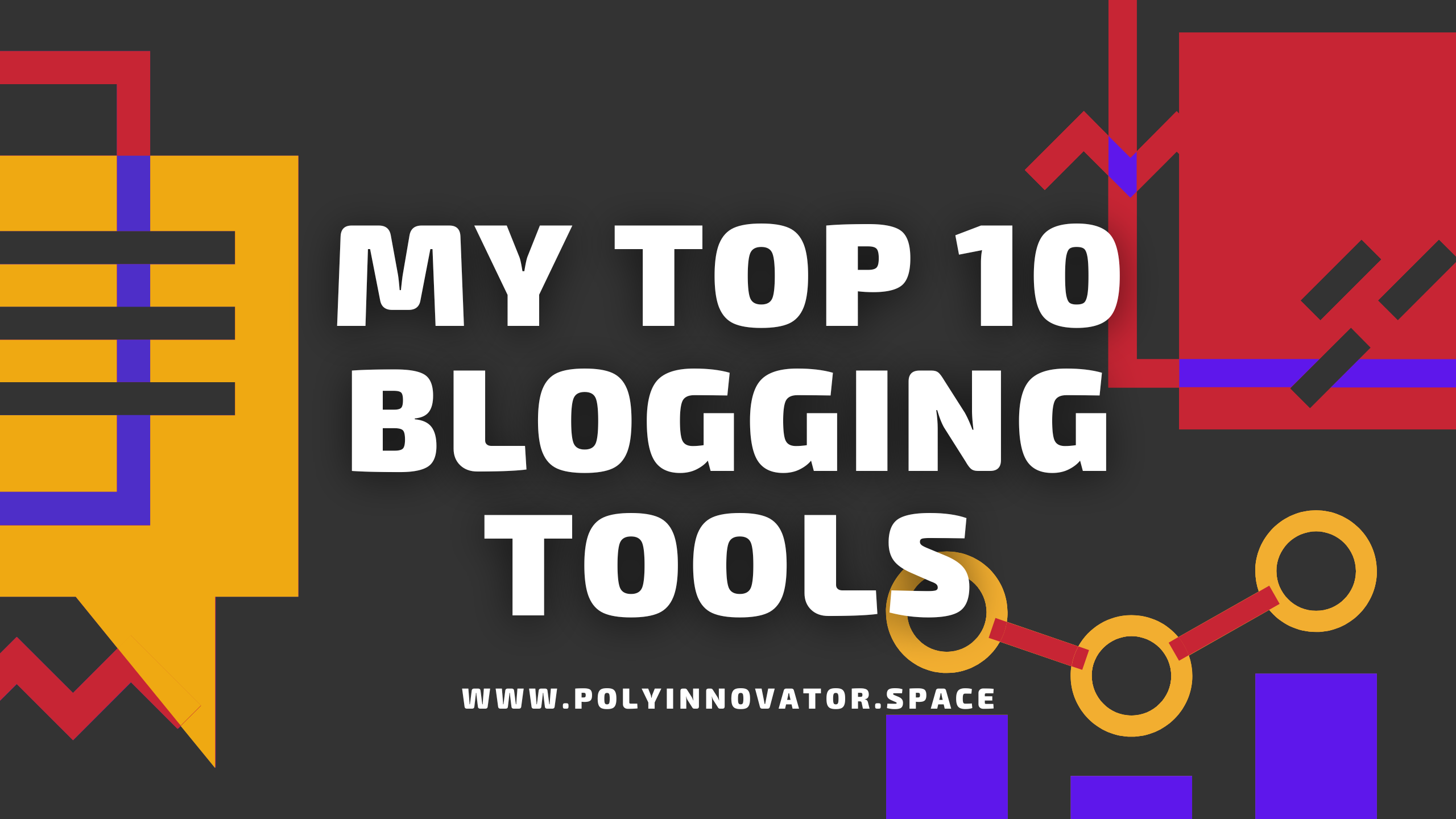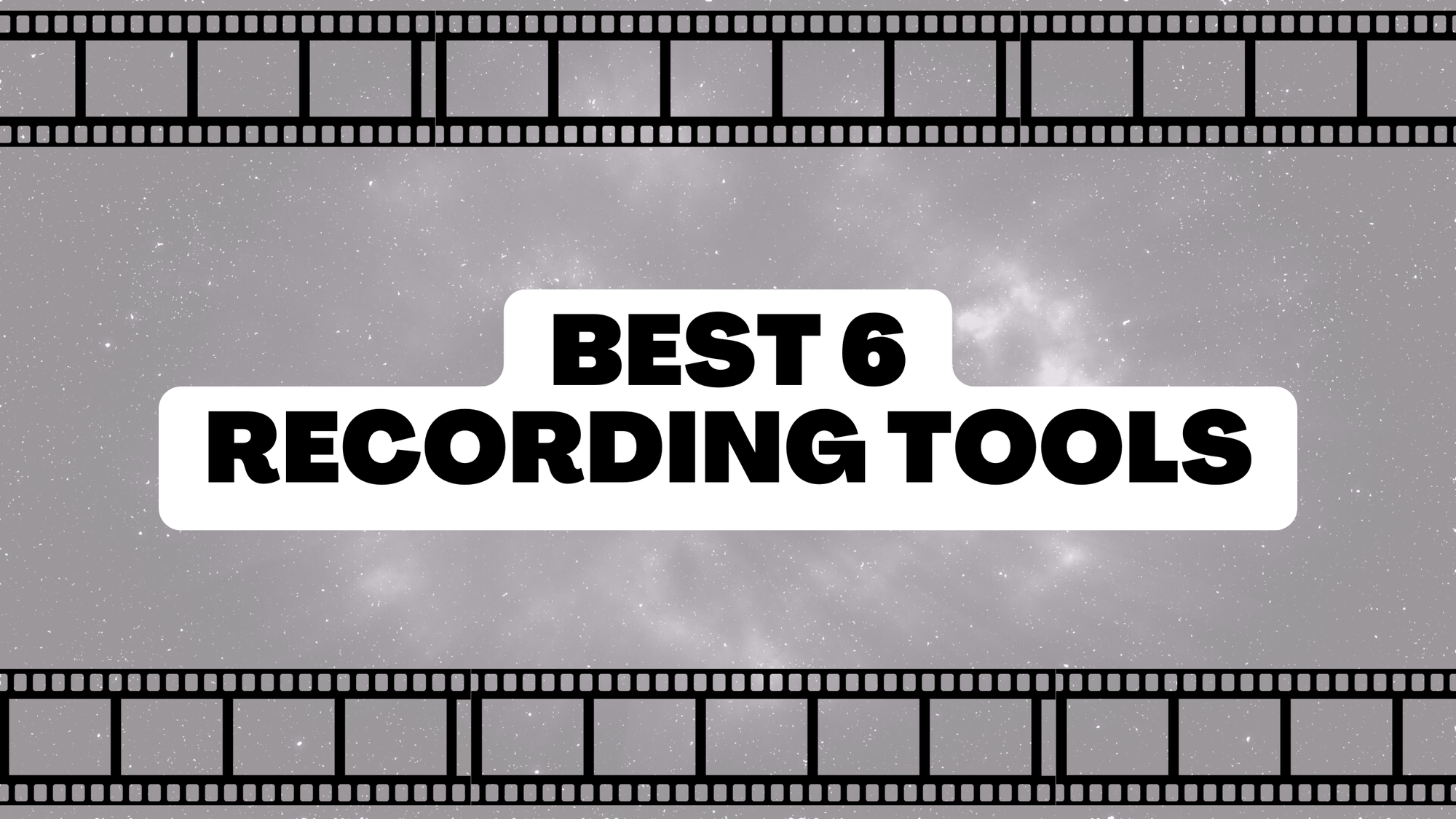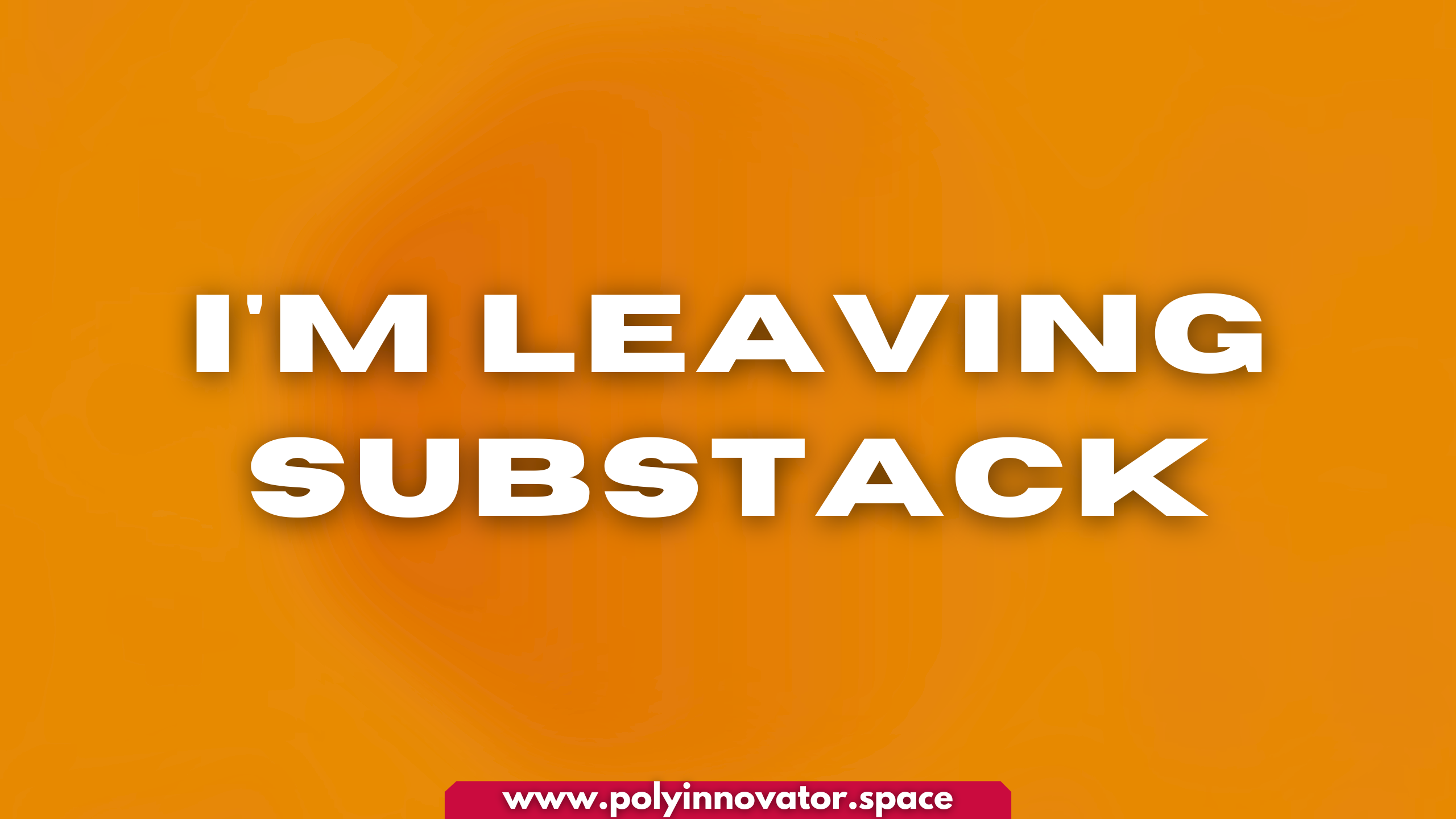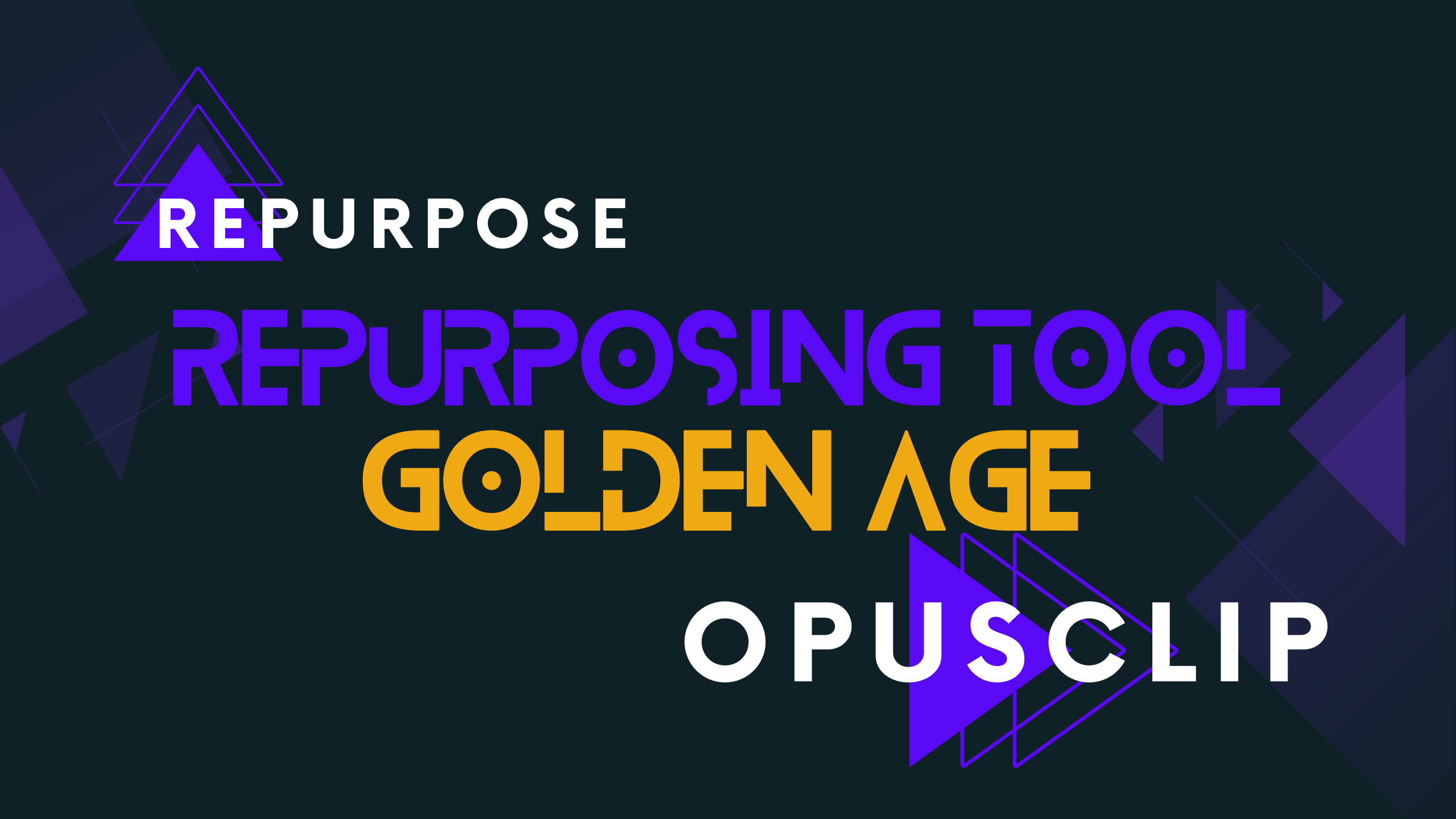Over the past decade I’ve come across many different topics/subjects, and have spent countless hours learning about them.
When I wanted to learn how to podcast I spent the next week/month/year learning about it. Same thing goes for building a computer, or putting together Lego’s in a unique way. Etc.
When there is a topic that you want to learn, it really only takes a week to get a good grasp on it. From there you can decide to pursue it, or just simply move on to the next one.
First Decide if it is really worth learning
In order to pursue something so quickly, then you’re going to have to be really interesting IN said topic.
Sometimes we get that shiny object syndrome, and we think something is really important. When in reality it isn't, and so it would be wise to just do a quick reality check. Is it actually something I am interested in? Or am I just simply going to waste a night, that I could be spending more productively?
Ask yourself is this something that I can benefit from? Whether it is entertainment, educational, applies to a job future, a new hobby, or something of the sort.
If it doesn’t fit into those, then perhaps start off smaller than you think. Watch a couple video overviews, to tell if it is worth learning.
If it is worth learning then:
Here is one video to get you started on learning how to learn quickly.
I like linking this video, as it really helps put things into perspective. I have it another post I linked down below too! ha
Set up a Plan
Now usually I just go in raw, and just do a huge google/bing search, and go crazy. However there is a more refined approach, that being focusing on certain parts.
Thus why I created my Modular Degree framework over the last decade. To help refine and improve my learning capacity and system.
You can usually break a skill down to three major parts, and then you can choose which part to learn first. Also you can interleave them, but which path you do depends on the skill.
I tend to also try to translate the skill into the WHY/HOW/WHAT framework, that I got from Simon Sinek.
Your job in this case is to learn an overview, so that you can learn what those parts are. Why they are important, and then how they work. That how part is literally learning about them.
Take in a Swath of Information
As I said prior I do like to take in a bunch of information at once. It is like throwing everything against the wall, and seeing what sticks. For myself that is what I generally prefer to do, as during all of that you’ll end up finding the best resources.
I'll even open up 50-100 posts, using extensions like OneTab or simply saving links into a particular Obsidian Vault folder can be extremely helpful. As you might find a great resource, even consume it, but you won't retain all of it. So it is wise to go BACK to it later.
You can then save those for further on in the week, so say there is a sub-topic that you need to learn. However you do not understand the basics well enough, then you can save it for when you do later.
When you take in this width, you get that breadth of perspective, and it also helps you find what rabbit hole to go down to learn the skill more deeply.
If you want to keep reading:
https://polyinnovator.space/accelerated-learning/

Previous Shorter Version:
This was one of my "social articles", an experiment to create medium sized blog posts, akin to newsletters. Across a variety of social blogging networking platforms. Such as Medium, Vocal Media, and Linkedin. Since it didn't quite land; I decided to take these posts and remake them into more full length creations.

![Official Website for Dustin Miller PolyInnovator [LLC]](https://polyinnovator.space/content/images/2025/03/polyinnovator-logo-2024.png)

